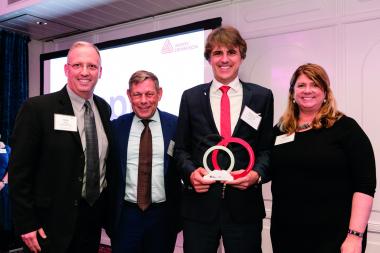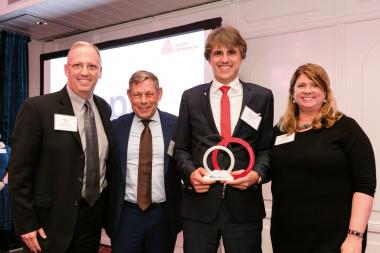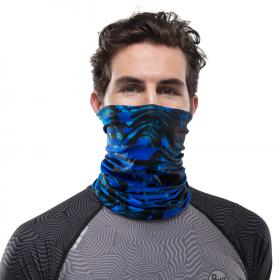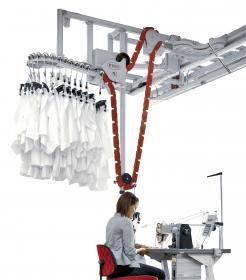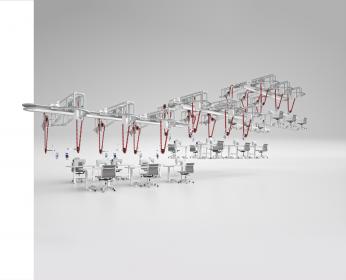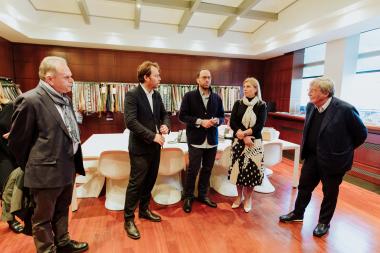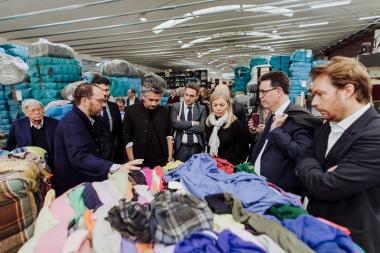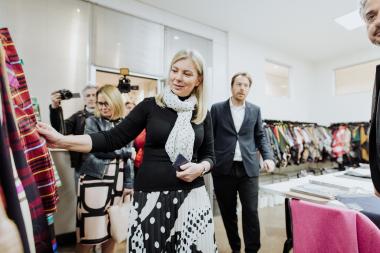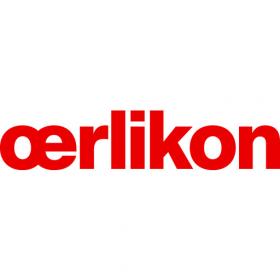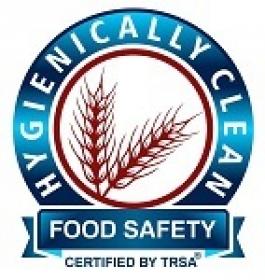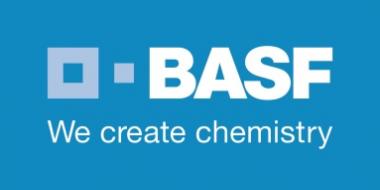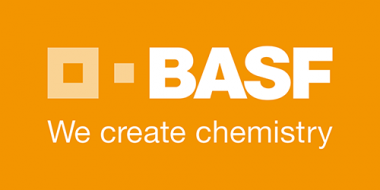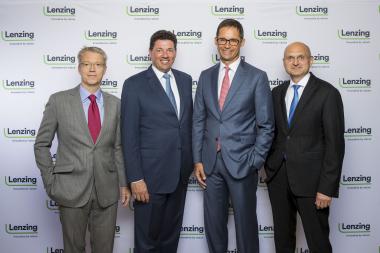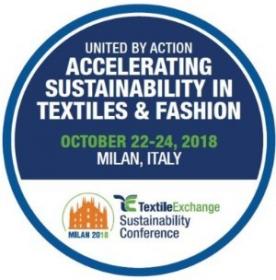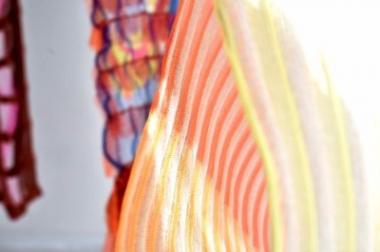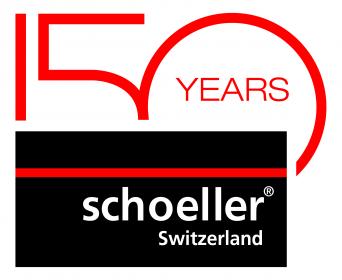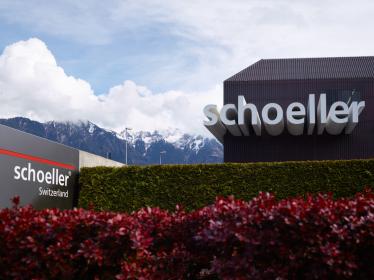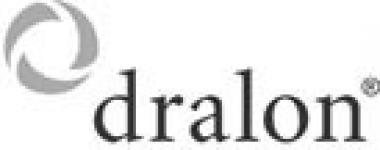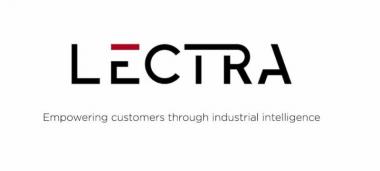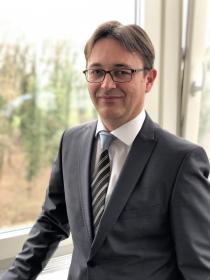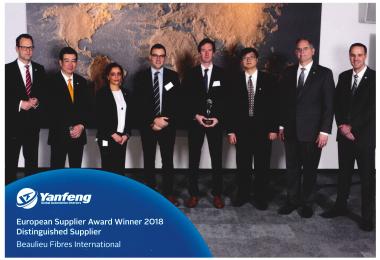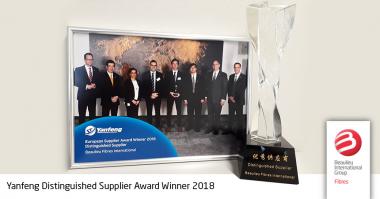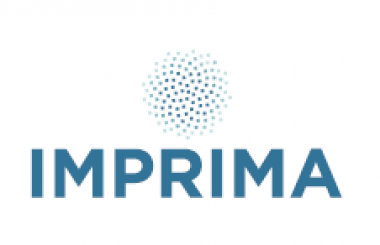Textile Executives Stress Importance of USMCA
U.S. textile executives participated in a roundtable today with Representative Tom Rice (SC-07), a key member of the House Ways & Means Trade Subcommittee, at which they discussed the competitiveness of the domestic industry, outlined priority issues in Washington and explored ways to jointly push for passage of the U.S.-Mexico-Canada Agreement (USMCA).
Congressman Rice, a leader on trade and competitiveness issues that heavily impact the domestic textile industry, participated in an executive roundtable hosted by Milliken & Company at its headquarters in Spartanburg, S.C.
"Milliken is honored to host Congressman Rice today to talk about innovation, competitiveness and the importance of passing USMCA,” Jeff Price, EVP of Milliken Operations stated. “USMCA makes several key updates to NAFTA that will enable our trilateral trade to become stronger, which benefits this key industry in South Carolina. We greatly appreciate the Congressman being here today and appreciate his leadership.”
Congressman Rice stated: “I was honored to participate in today’s roundtable with leaders in South Carolina’s textile industry to discuss the need to pass the USMCA as quickly as possible. Modernizing outdated trade agreements to reflect our 21st century economy will support American manufacturers and enhance our global competitiveness. I will bring the valuable input I received today back to Washington as I continue working to advance the USMCA and keep our economy booming.”
NCTO
National Council of Textile Organizations






